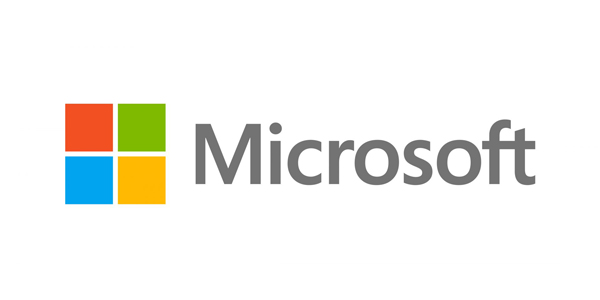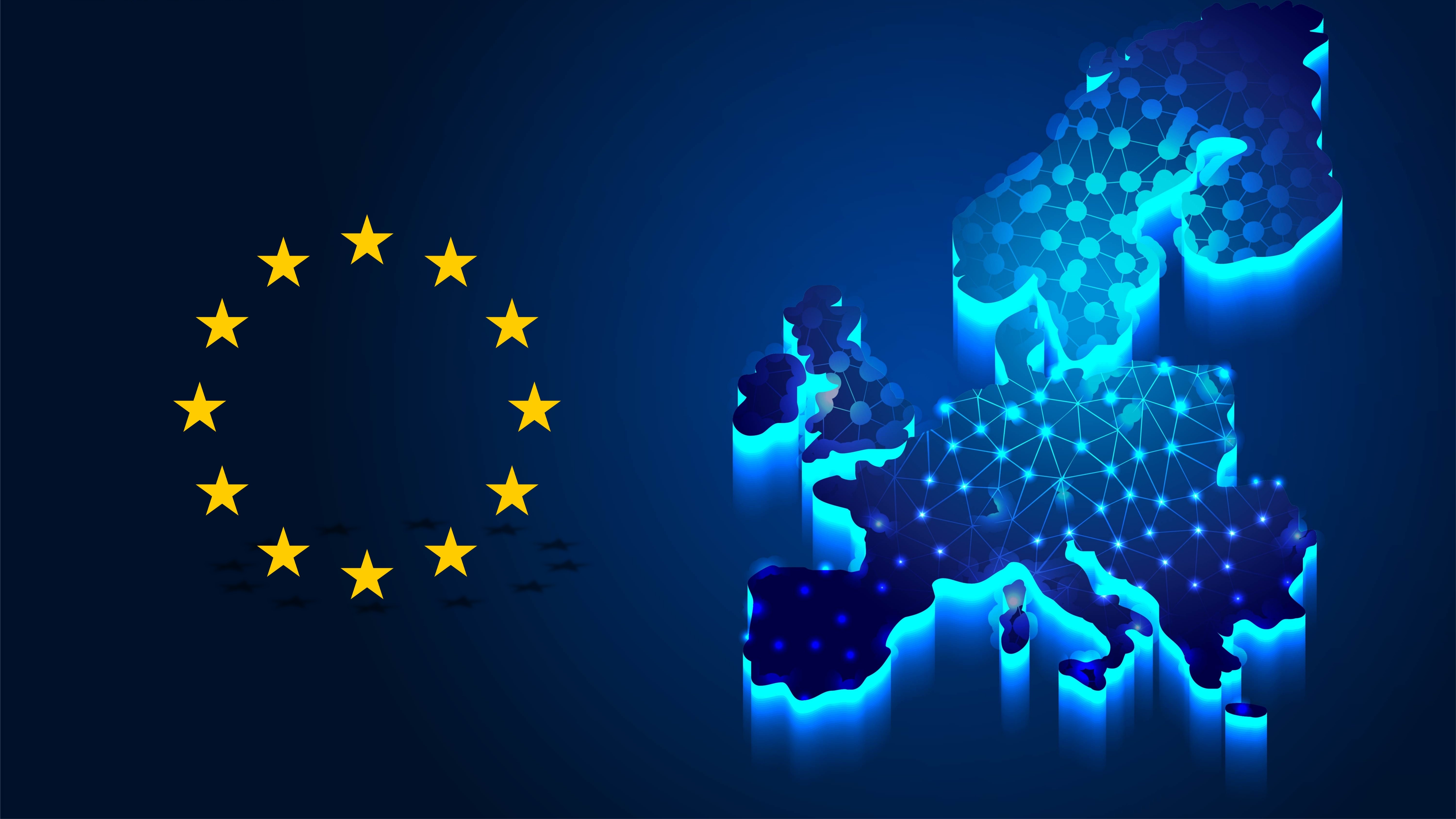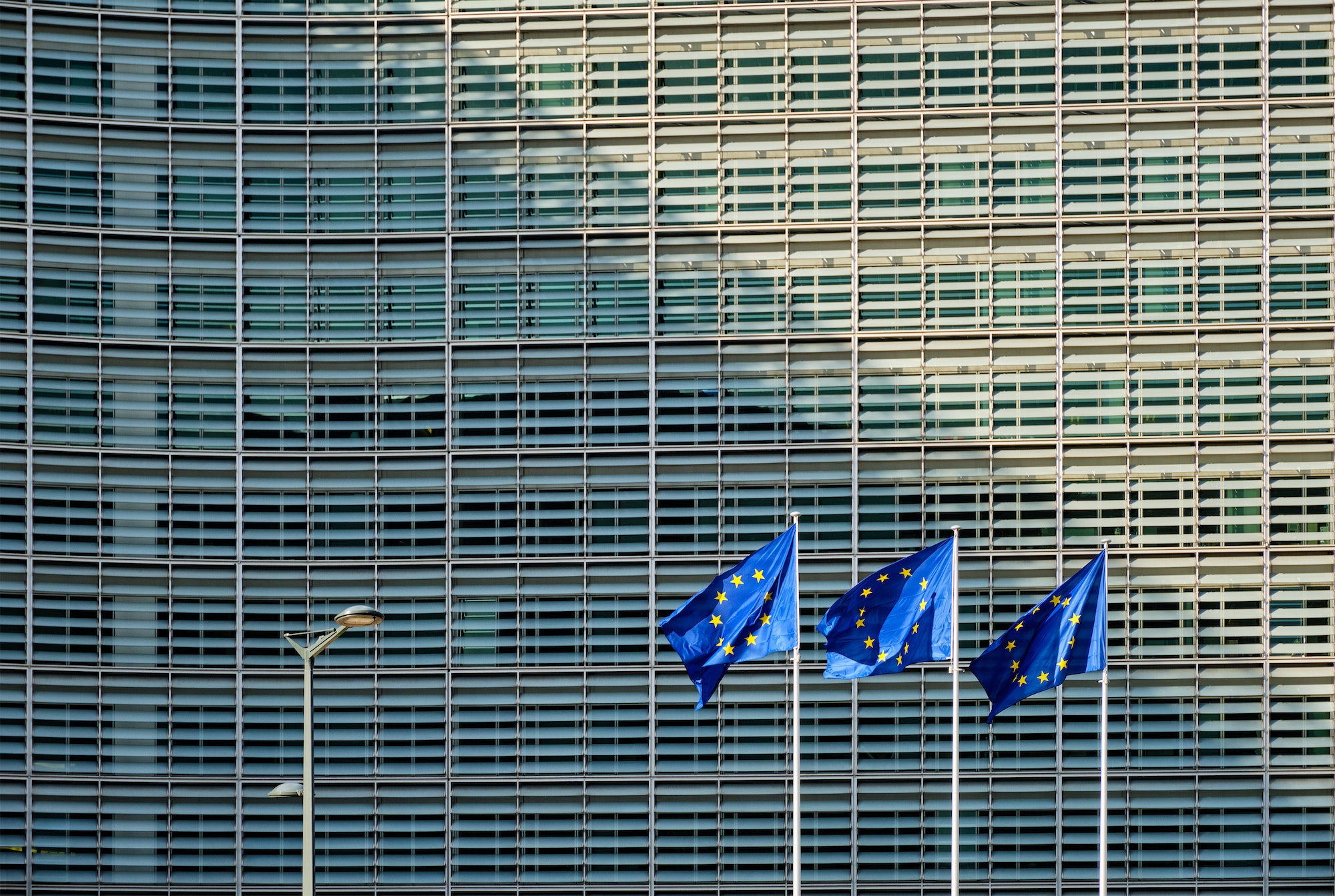Microsoft, NVIDIA, and Anthropic have announced new strategic partnerships to expand access to Anthropic’s rapidly growing Claude AI models. Claude will scale on Microsoft Azure with NVIDIA support, offering enterprise customers broader model choices and enhanced capabilities.
Anthropic has committed to purchase $30 billion of Azure compute capacity and additional capacity up to one gigawatt. NVIDIA and Anthropic will optimise Claude models for performance, efficiency, and cost, while aligning future NVIDIA architectures with Anthropic workloads.
The partnerships also extend Claude access across Microsoft Foundry, including frontier models like Claude Sonnet 4.5, Claude Opus 4.1, and Claude Haiku 4.5.
Microsoft Copilot products, including GitHub Copilot, Microsoft 365 Copilot, and Copilot Studio, will continue to feature Claude capabilities, providing enterprise users with integrated AI tools.
Microsoft and NVIDIA have committed $5 billion and $10 billion respectively to support Anthropic’s growth. The partnership makes Claude the only frontier AI model on all three top cloud platforms, boosting enterprise AI adoption and innovation.
Would you like to learn more about AI, tech and digital diplomacy? If so, ask our Diplo chatbot!










